by Fatima Rodriguez Johnson | Sep 26, 2022 | Faculty
In an effort to continue to support our students, staff and faculty from diverse backgrounds, we would like to share with you that we are approaching two high Holy Days of the Jewish tradition: Rosh Hashanah, the Jewish New Year and Yom Kippur, the Day of Atonement.
Rosh Hashanah began at sunset on Sunday, September 25 and concludes in the evening on Tuesday, September 27. This holy day commemorates God’s creation of the world and offers time for reflection. As the Jewish New Year, Rosh Hashanah provides an opportunity to center one’s actions for the upcoming year.
Yom Kippur is a time for atonement and repentance, where members of the Jewish community fast and pray. This year, the holy day will begin at sunset on Tuesday, October 4 and conclude on the evening of Wednesday, October 5. Yom Kippur is considered to be the holiest day in Judaism.
There maybe members of our campus community observing Rosh Hashanah and Yom Kippur. Please be mindful of these observances as individuals may be absent and/or require flexibility. In addition, please be considerate of how fasting may impact daily interactions both physically and mentally.
Our Jesuit mission calls for us to be people for and with others. Your willingness to support members of our community who identify as Jewish continues to put our mission into action. If you have any questions or concerns, feel free to reach out to rodrig23@canisius.edu or willi100@canisius.edu.
Resources:
Submitted by: Fatima Rodriguez Johnson, Associate Dean, Office of Diversity and Inclusion; Bennie D. Williams, Assistant Dean of Students & Director, ALANA Student Center
by wood5 | Sep 26, 2022 | Faculty
Neutrons – you either love them or you hate them.
The neutron is the neutral cousin of the electrically-charged proton in the atomic nucleus. Without the strong binding of neutrons to protons, the nucleus would blow apart by the repulsive forces of the positively-charged protons. Without the neutron, there would be no nuclei, no stable atoms, and no molecules. The universe would be a very different place. As a form of radiation, the neutron creates serious problems. Without that electric charge, it ignores electric and magnetic fields. This makes it difficult to stop and usually requires large amounts of lead and concrete. Standard equipment like plastic scintillators or gaseous ion chambers are inefficient at detecting neutrons. In experiments searching for dark matter, a dark matter particle is discovered when all other particles are accounted for. Because of the neutron’s low detection efficiency, it is common for it to mimic the dark matter signal.
Dr. Michael Wood, a Physics Professor and chair of the Department of Quantitative Sciences, has been awarded a Department of Energy Small Business Innovation Research grant to test a novel material to efficiently detect neutrons. The grant, titled “Gadolinium-Loaded Plastic Scintillators for Dark Matter Search”, is a $12,777.00 subcontract with Radiation Monitoring Devices, Inc. (RMD) in Watertown, MA and collaborators from Lamar University and Occidental College. RMD will manufacture samples of a plastic scintillator loaded with gadolinium. The gadolinium is special due to its ability to absorb neutrons and emit gamma rays that can be detected by the scintillator. Dr. Wood will study the characteristics of the sample in his lab in Science Hall followed by a measurement of the detection efficiency with a dark matter detector at Occidental College in Los Angeles, CA. If the gadolinium-loaded scintillators have a high detection efficiency, they will be utilized to remove the neutron background and eventually lead to a discover of a dark matter particle.
Submitted by: Dr. Michael Wood, Physics Professor and Chair, Department of Quantitative Sciences
by Margaret Burkard | Sep 26, 2022 | Faculty
Faculty and staff are invited to nominate undergraduate and graduate student candidates for the DiGamma Honor Society.
This is a long-standing and time-honored tradition here at Canisius. The DiGamma Honor Society is composed of “men and women for others” who distinguish themselves by selflessly giving back to Canisius the benefits of their talents and education. DiGamma has served to recognize those students who exhibit outstanding leadership and distinguished service to Canisius.
Student nominees must be a full-time matriculating Canisius College junior or senior with 60 earned credits or a sophomore with 60 earned credits. Transfer students must have completed two consecutive semesters at Canisius. Graduate students must have completed their undergraduate work at Canisius and be continuing their education from their undergraduate to graduate studies. All nominees must have a cumulative GPA of 3.0 or higher.
Please consider nominating a student you feel deserving of induction into DiGamma.
Submitted by: Maggie Burkard, support manager, Academic Affairs
